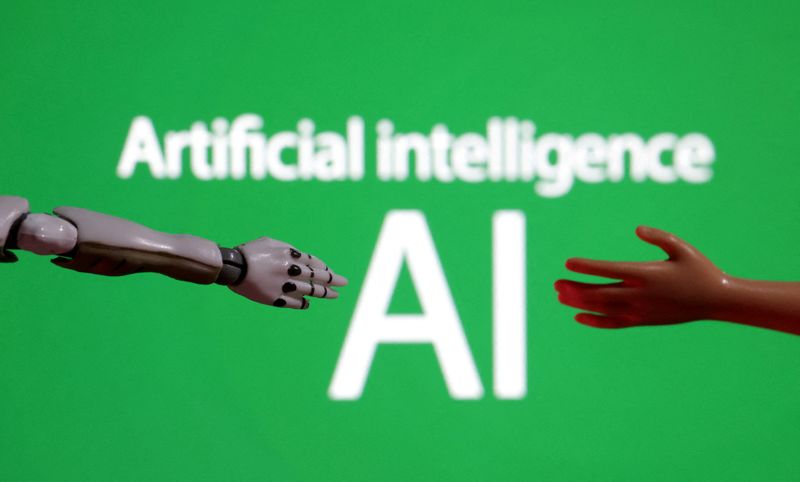Healthcare startup Suki raises $70 million to build AI assistants for hospitals

By Krystal Hu
(Reuters) – Suki, a startup that offers to build artificial intelligence (AI) assistants in healthcare, has raised $70 million in a Series D round, the company told Reuters, as investors place bets on the adoption of generative AI-powered applications in the sector.
The funding round was led by London-based tech investment firm Hedosophia, with additional investments from Venrock and March Capital. This brings Suki’s total funding to $165 million.
Redwood (NYSE:RWT) City, California-based Suki did not disclose its valuation, but a person familiar to the funding round said the latest proceeds valued the company at about $500 million.
Founded in 2017 by former Google (NASDAQ:GOOGL) and Flipkart executive Punit Soni, Suki develops AI voice assistant to reduce the administrative workload for healthcare providers. Its primary products Suki Assistant and Suki Platform have seen increased adoption since the boom of OpenAI’s ChatGPT, as healthcare systems across the country explore how the technology can better aid doctors’ clinical work.
“When the AI trend kicked in, every health system wanted to have an AI strategy,” Soni said, adding that the company has built proprietary tech stack by being in the space early.
The company capitalized on the demand, saying it now has established partnerships with over 300 health systems such as St. Mary’s Healthcare in New York. Suki also touts the broadest integration of Electronic Health Record systems (EHRs), working with Epic, Oracle-owned Cerner (NASDAQ:CERN), Athena, as well as MEDITECH.
Soni said the latest funding will be used to accelerate product development, adding more features to the assistant and build tools to manage the use of multiples AI models.
Suki competes with Microsoft-owned Nuance, whose Dragon Medical One is widely used for its speech recognition and clinical documentation, as well as other startups such as Abridge, which has raised $150 million from VC investors to train medical AI models.







